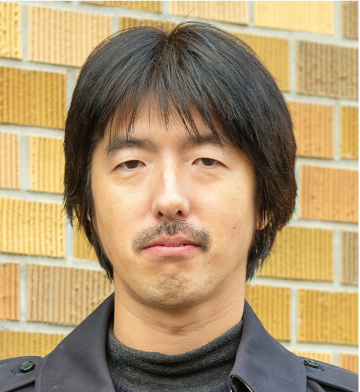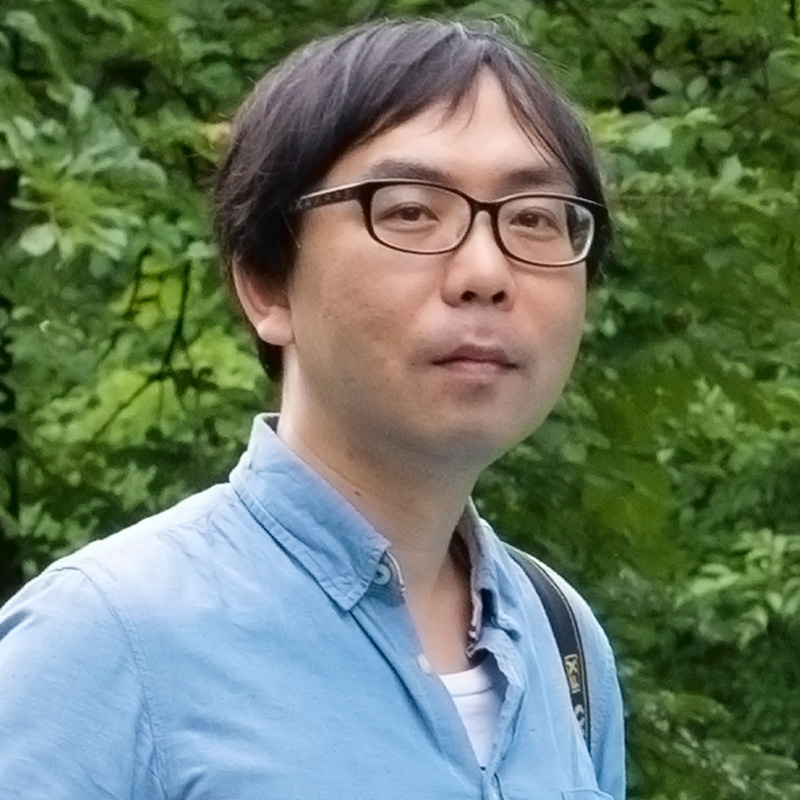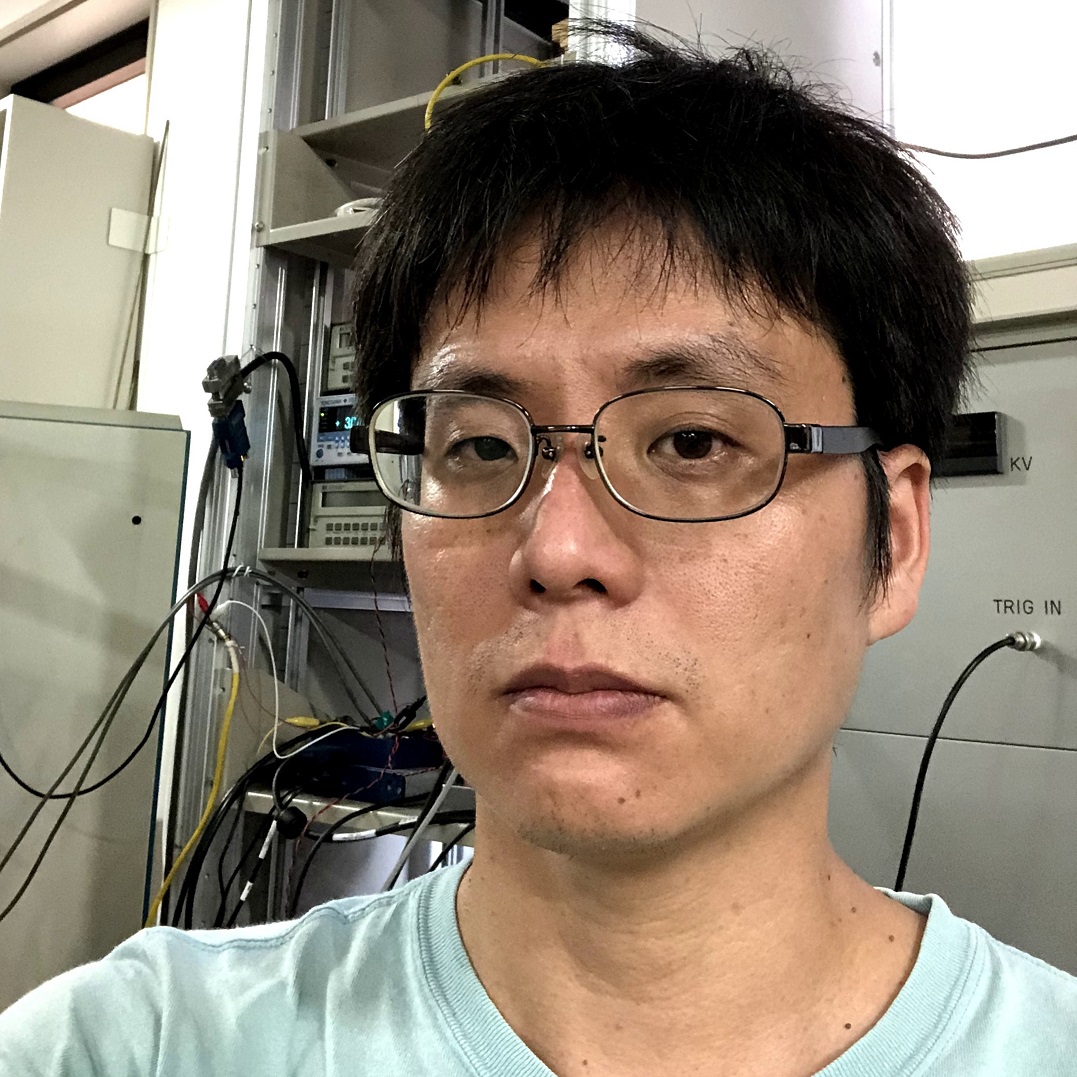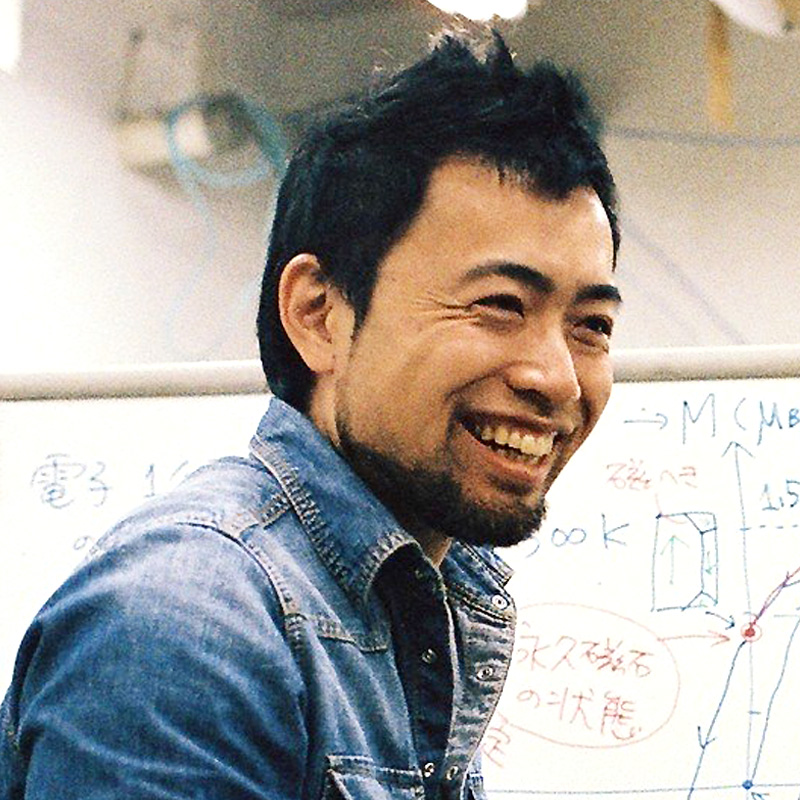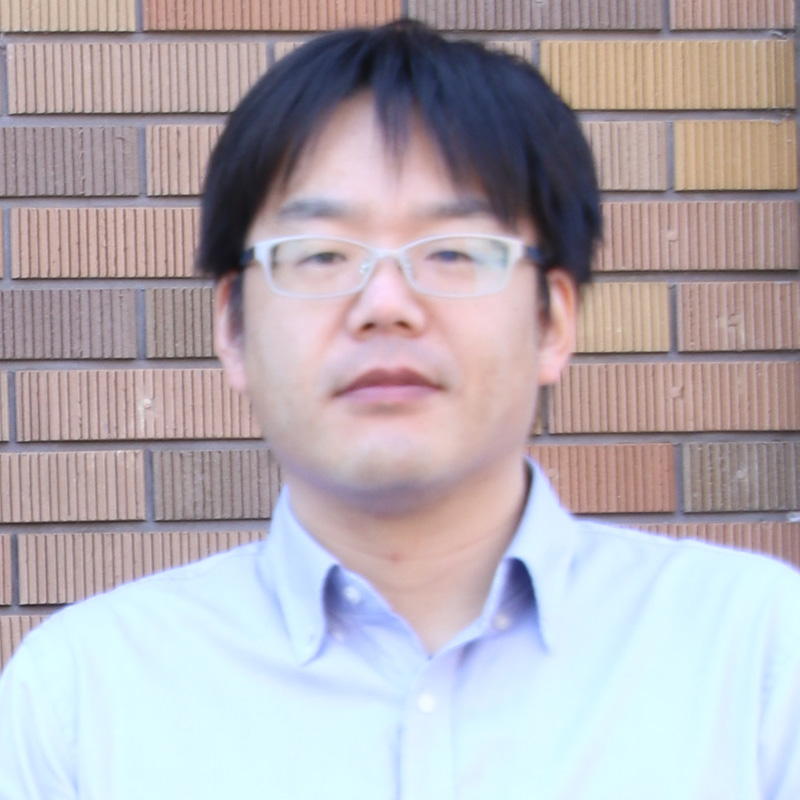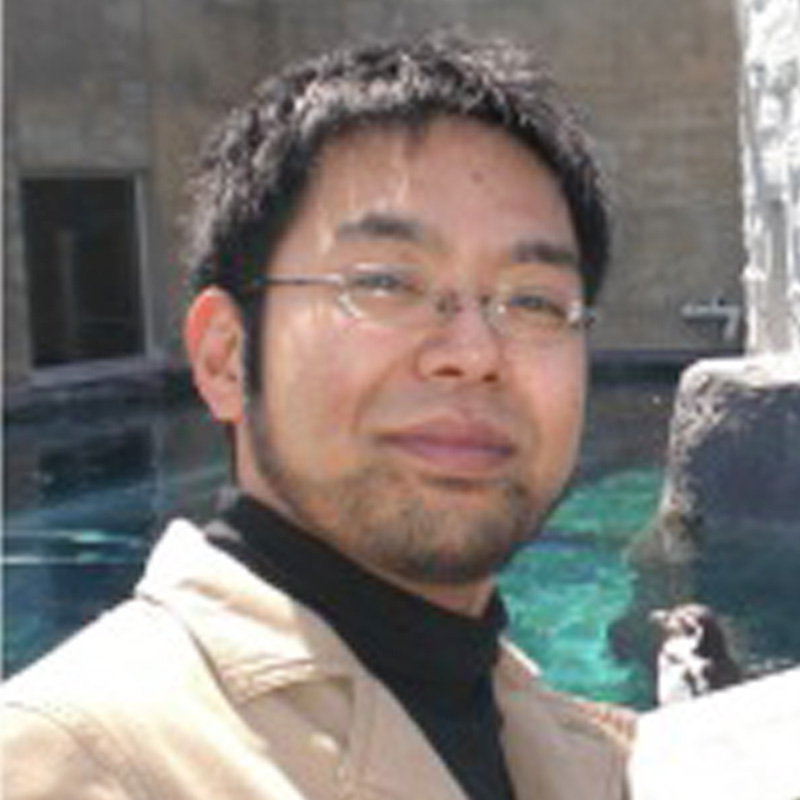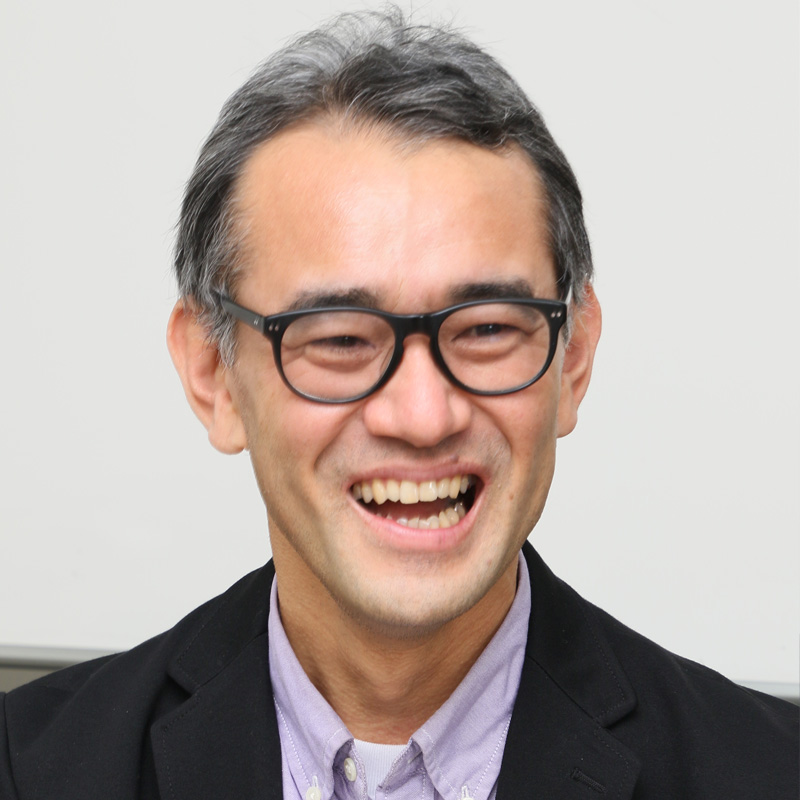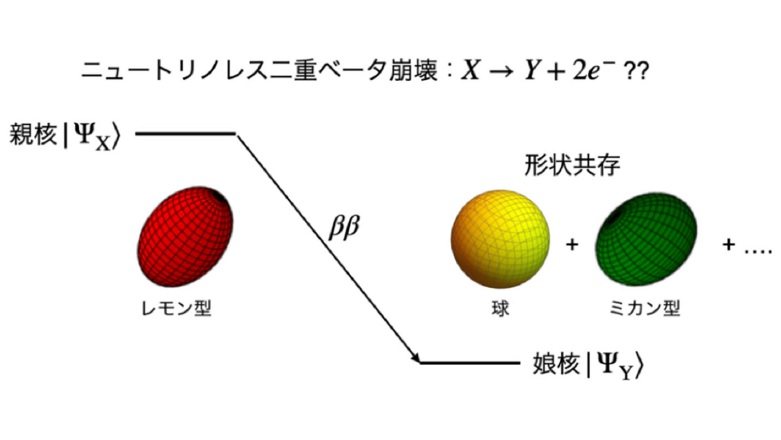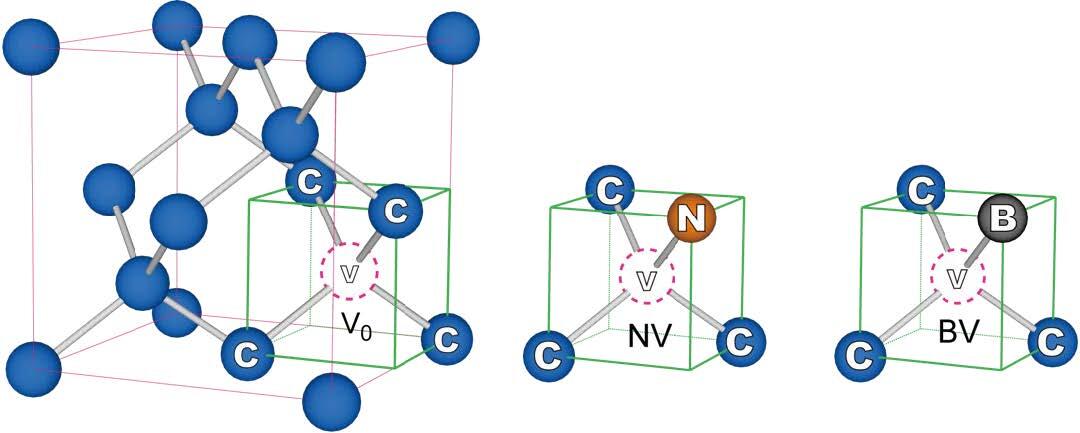Department of Physics
Physics is a discipline that studies the universal laws and principles that are followed by each and every entity in the natural world. The early 20th century saw the establishment of quantum theory, and modern physics has been having a tremendous impact on science and technology ever since.
Studying physics leads us to understand the foundation of every branch of science and technology, which in turn, leads us to acquire tools and perspectives that allow us to flexibly navigate the rapidly changing world of science and technology.
The Department of Physics was established in 1930 and is one of the oldest departments in the Faculty of Science. In 1994, the History of Science course and the cooperative course in Condensed Matter Physics at the Research Institute for Electronic Science (RIES) were added to our department.
Now about 40 staff members provide quality education and conduct cutting-edge research. Our challenging research covers natural phenomena on any spatiotemporal scale; from large-scale numerical simulations of the formation of stars and galaxies (Astrophysics), elucidation and manipulation of the various electronic properties in a material, including magnetism, dielectricity, and superconductivity (Condensed Matter Physics), the construction of new theory beyond the standard model (Elementary Particle Physics), and so on. In addition, the Theoretical Nuclear Physics group contributes to the construction and publication of a nuclear reaction database in the Hokkaido University Nuclear Reaction Data Centre, and stimulates the domestic and overseas research in the field.



